Indications:
● Treatment of major depressive disorder (MDD) in adults.
● Management of anxiety disorders, offering relief from the symptoms.
● Treatment of insomnia, specifically in patients who require a sedative component for their sleep disturbances.
● Management of chronic idiopathic urticaria (hives), providing relief from itching and rash.
Administration Guidelines:
● Doxepin can be taken with or without food. Capsules or tablets should be ingested whole with water.
● Oral concentrate must be mixed with water or milk before ingestion.
● Dosages are tailored based on the specific condition being treated, the patient's age, and the response to therapy. It's critical to adhere to the prescribing healthcare provider's instructions.
● Like many antidepressants, doxepin may start at a low dose to minimize the risk of side effects, then gradually increase as needed.
● For effective symptom control, doxepin should be taken at the same time each day.
Dosage Forms:
● Capsules: Available in doses of 10 mg, 25 mg, 50 mg, 75 mg, 100 mg, and 150 mg.
● Tablets: Typically in lower doses for the treatment of insomnia.
● Oral Concentrate: Doxepin oral solution for precise dosing.
Safety Preclusions
Pregnancy and Breastfeeding:
● The use of doxepin during pregnancy or breastfeeding should be discussed with a healthcare provider. It may not be recommended due to potential risks to the fetus or infant.
Long-term Use:
● Chronic conditions may require long-term treatment, although patients should be regularly evaluated for continued efficacy and side effects.
Drug Interactions:
● Caution is advised when doxepin is used with other medications that can affect serotonin levels, as well as certain anticholinergic drugs, and alcohol.
|


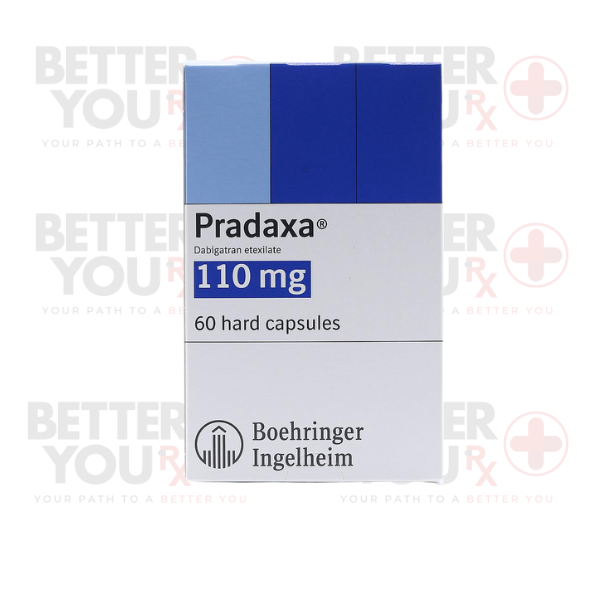
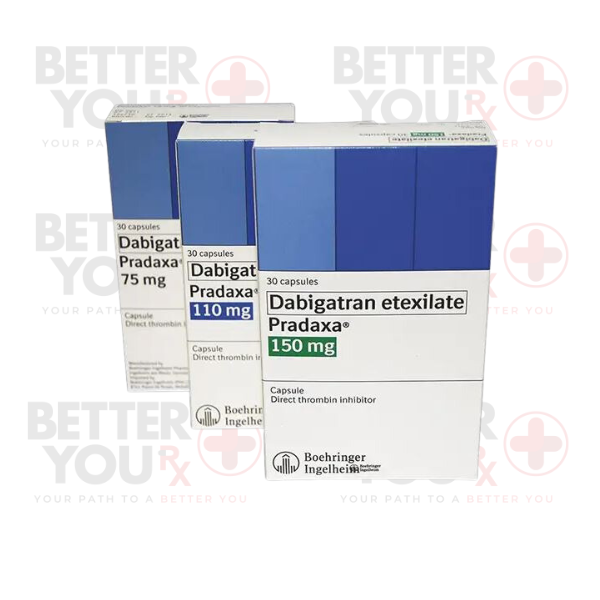

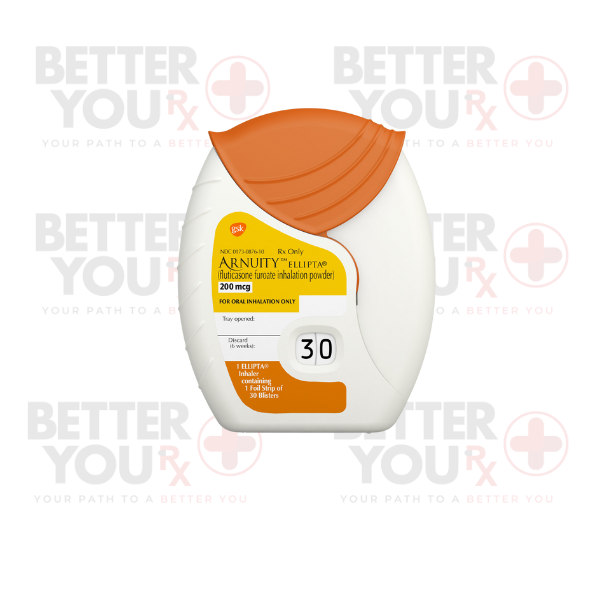

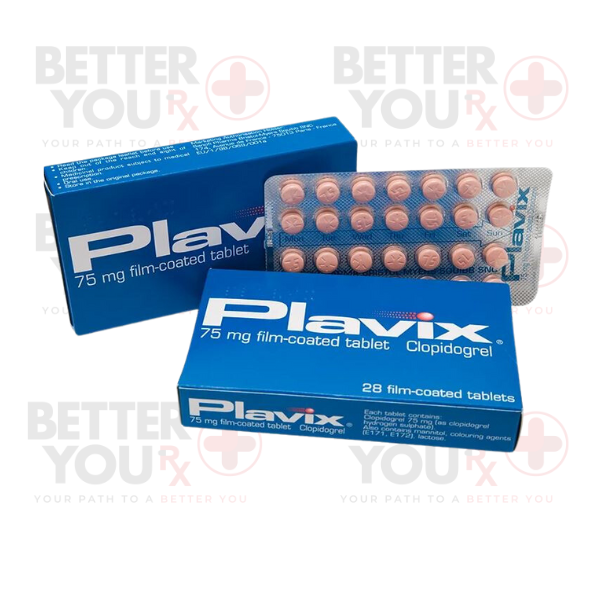
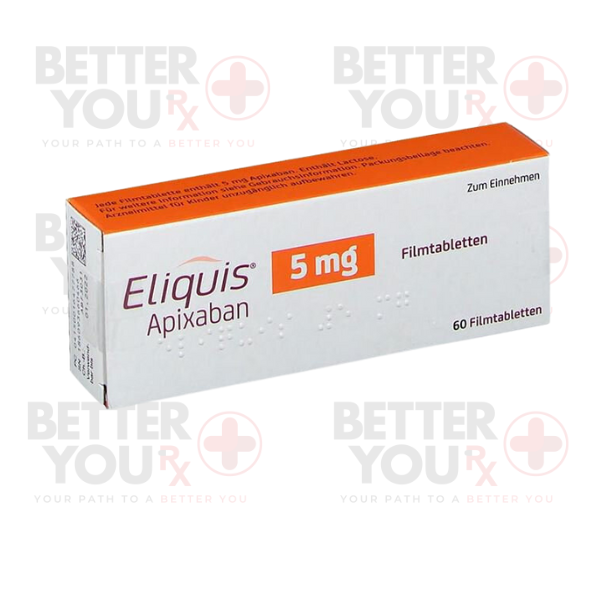
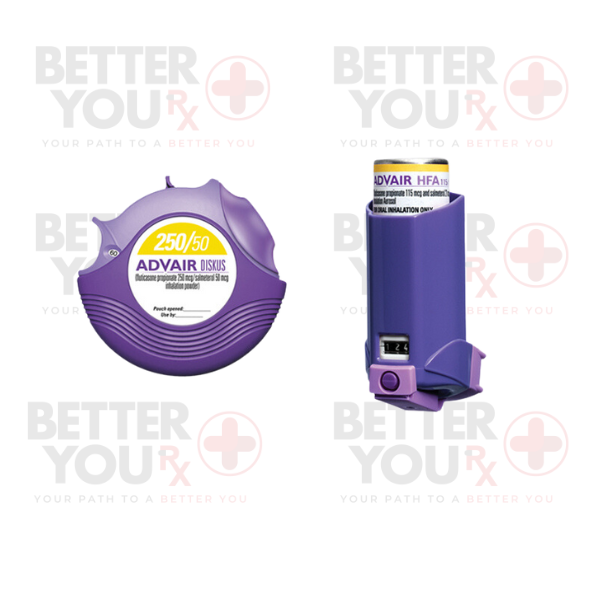
Reviews
There are no reviews yet.